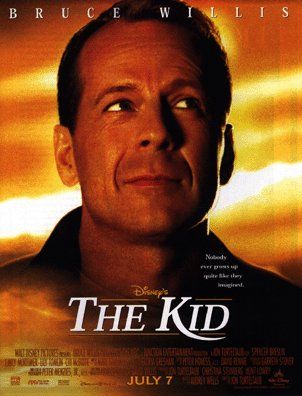By David Outten, Production Editor
Why would the many Christian television networks side with the major Hollywood studios in opposing giving customers the power to buy only the channels they want, as opposed to bundles of channels?
Most communities in America have had cable lines for a long time. In the early days, cable companies were granted monopolies in communities because the chosen company had to invest considerable sums wiring a community. A company with this monopoly could then decide how to bundle networks into packages it could then sell to customers.
The technology available today could blow this whole distribution model up and easily give customers the right to create their own package of channels they desire. This distribution method is called a la carte, just as in a restaurant. It would be a model much more reflective of true free enterprise, but it would radically change the landscape for program producers.
Under the current system, a major studio will bundle its most popular programming with its least popular programming. A cable company that wants to carry the popular show must charge its customers for the less popular programming as well. But, let customers buy only the most popular networks, and many smaller networks might disappear. These networks may be very popular in a niche market that would be unable to fund the network on its own. This could reduce customer choice.
Religious broadcasters have a vested interest in bundling because many people have been saved flipping though channels they would not have purchased a la carte. You can’t reach the unsaved with religious programming if people stop buying it.
On the other hand, ESPN is a hog in the world of cable. Whether you like sports or not, a major portion of your cable bill each month goes to ESPN. In fact, it’s more valuable to Disney, its parent company, than Disney’s movie studios or its theme parks. Allow cable customers to drop ESPN, and their cable bill could go down considerably. Allow cable customers to drop all sports networks, and the networks could not pay the sports teams the huge payouts they currently do. That, or the cost of buying ESPN could rise considerably.
The dream of many would be to be able to buy only wholesome networks. Imagine raising children with MTV not even being available on your home television. Imagine each network living in fear that one highly offensive program might result in you and millions of other subscribers dropping them. Unbundled networks become more like movies. You live or die based on pleasing customers, not on being included in a bundle.
In reality, the landscape is going to change anyway. The days of scheduled programming are slowly fading away. More and more programming is being downloaded on demand. Network evening news audiences today are less than half what they were in 1980.
The future is in libraries (like Netflix). The major studios have a century of content to sell to libraries. Netflix (and others) will have to pay dearly to offer the most desirable studio content in their libraries. The major movie studios will no doubt be a major player in filling libraries, but they will not be the only player.
Great content will be desirable to have in a library even if it isn’t made by the major studios. If a library can get that content for less than the major studios are demanding, they will be delighted.
The future of entertainment is bound to become more customer driven, with a la carte choices from a library, and perhaps more than one library. As Movieguide® has shown by its annual analysis of the entertainment industry, however, the key to success will remain “great stories well told, with positive, inspiring, and redemptive worldviews.”
Questions or comments? Please write to us here.


 - Content:
- Content: 
 – Content:
– Content: 
